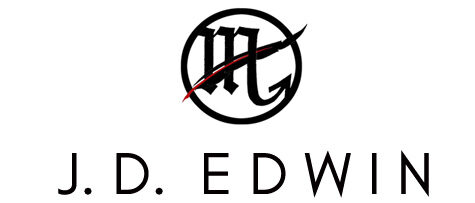
I was very resistant to reading books on writing in my early writing days. Though I took a creative writing course in college, incorporating what was taught into my work was difficult. Part of me firmly believed that everyone had their own way of writing and there was no “teaching” it. It didn’t help that the class was online and students were mostly left to read the assigned book and email in writing assignments for grading. The whole experience left me disillusioned with the concept of learning how to write.
After college, as I worked and settled into adult life, I began to take art classes. Unlike writing, I went into art with no preconceived notions. I had very little knowledge of drawing and painting. Rather than assuming I knew anything, I let the instructors take the lead and absorbed their teachings without question. And I noticed something – though I knew nothing about it, I improved little by little, and the more I learned, the more possibilities opened up. Learning the rules actually helped break them, a fascinating revelation.
It took some time, nearly a decade for me to realize that this principle ought to apply to writing as well. After some research, I was unsurprised to find that many people shared my initial opinion regarding writing – that it can’t be taught. And yet, I wondered – there were so many books on writing, and some people are obviously better at it than others, so why not hear what they have to say?
Three years ago, I began to read. The very first book of the genre that I seriously sat down to read was Stephen King’s On Writing, a fabulous, easy-to-read book on the writing life and the craft itself. From there I moved onto other books, some about life as a writer, some about crafting stories long and short, some focused on specific topics like dialog, description, setting, etc. While I’m the first to admit that not every book has been helpful, reading them has opened my eyes, and I saw that there was much that could not only be learned with writing, but practiced and perfected, like any art or sport. Like an artist beginning with circles and lines, writing has its own building blocks. One cannot be expected to write sentences, after all, without first knowing the alphabet. While creativity cannot be taught, the tools to help it flow and achieve its potential certainly can.
Today, I believe more than ever that writing is a craft more so than a talent, and while talent certainly plays a factor, learning the craft itself will carry you so much farther. Here are some of my personal favorite books on writing:
On Writing, by Stephen King
Dynamic Characters, by Nancy Kress
Write Great Fiction series, by Gloria Kempton, James Scott Bell, Ron Rozelle, and Nancy Kress
Bird by Bird, by Anne Lamott
Create Short Fiction, by Damon Knight
It was the Best of Sentences, It was the Worst of Sentences, by June Casagrande


Leave a Reply